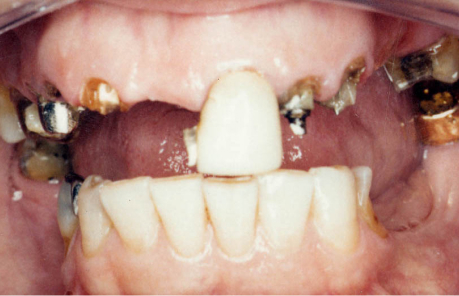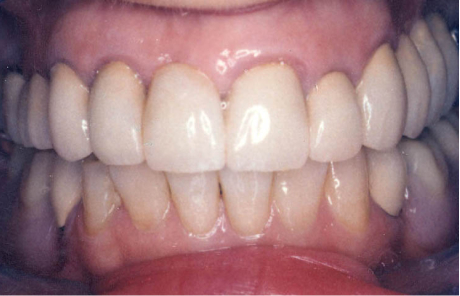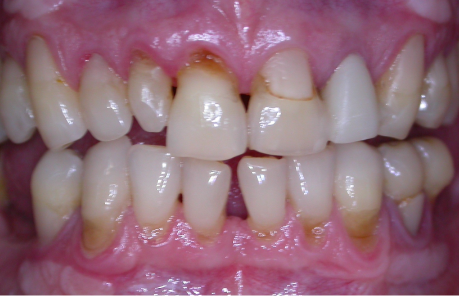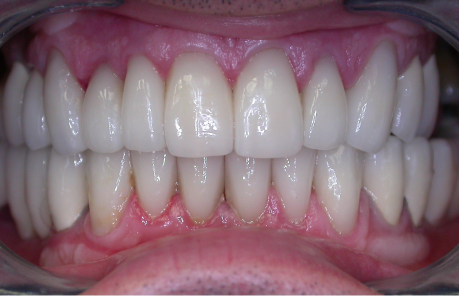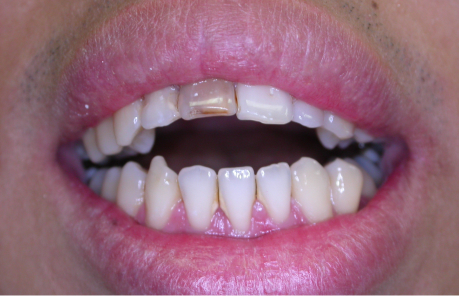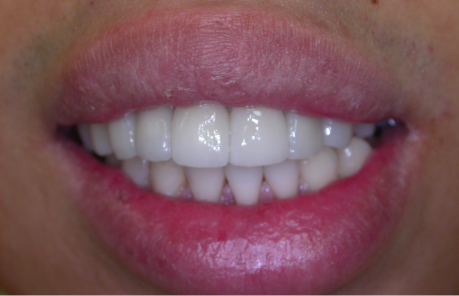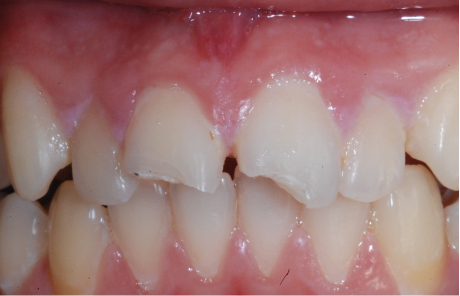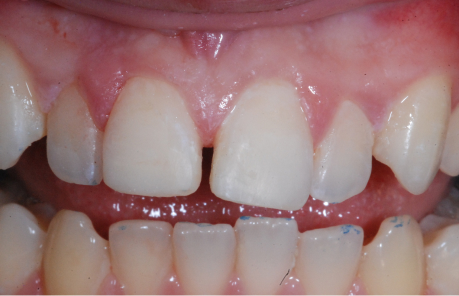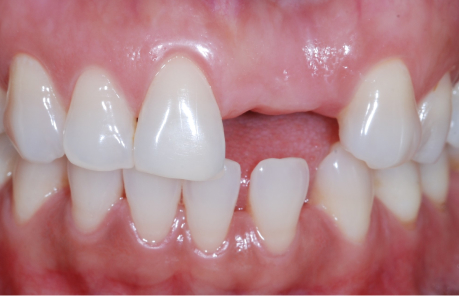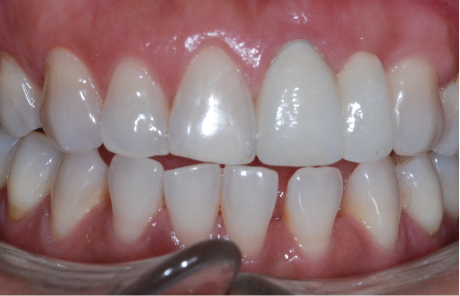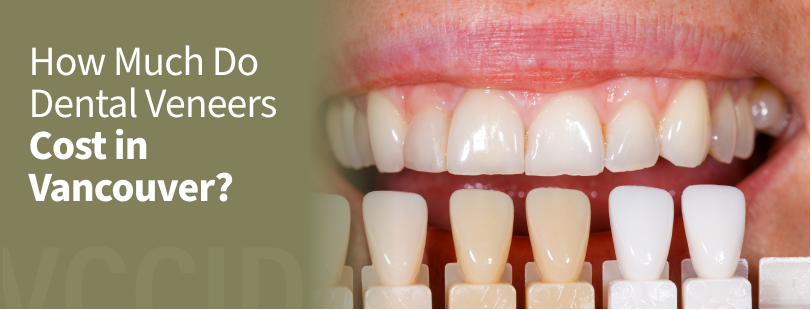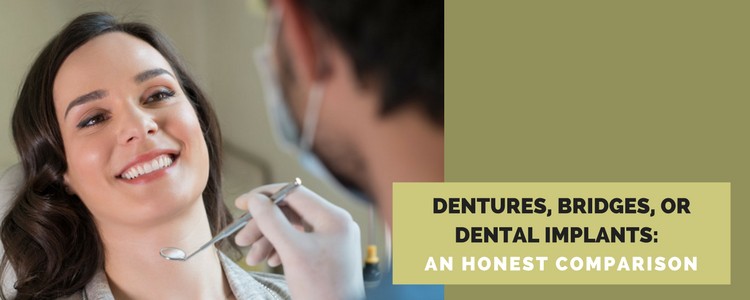What is the defining factor between a good “bite” and the perfect smile/bite? There are several aspects to consider….not only how your teeth look esthetically but also how well they function.
Here are some bite issues that people face.
- Overbite- The overbite is a measurement of how much our upper and lower teeth overlap. Ideally, we all should have some overlap. This is measured as the percentage of the lower front teeth that are hidden by the upper teeth when we close our teeth together. “Normal” is anywhere from 10-30%. Sometimes this is caused by genetics-having a smaller lower jaw compared to the upper; sometimes environmental influences as our teeth and jaws grow and develop will cause this. In the long term, excessive overbites may lead to such things as premature wear of the front teeth, TMJ problems and or gum problems of the front teeth.
- Underbite- This is a less common bite issue that’s usually caused by genetics. It’s when your lower jaw is too large compared to your upper jaw. Those with an underbite often have their teeth meet/mesh in less efficient ways and this can also contribute to tooth problems in the long term.
- Crossbite- This is when your bite doesn’t align horizontally. Crossbites in the front teeth usually go hand in hand with underbites as the lower jaw is much longer than the upper. Posterior crossbites are usually a result of the upper jaw being too narrow (often a side effect of thumb sucking). Either way, crossbites should be corrected as soon as possible because they will affect chewing efficiency and may affect the wear rate of the teeth.
- Crowding and misalignment-Anytime the teeth are crowded or misaligned the ability to clean your teeth will be affected. Straight teeth are naturally “self-cleansing” whereas crowded teeth will collect plaque much easier. This can lead to long-term decay, gum disease, and tooth loss more so than if the teeth are relatively straight. Therefore beyond the esthetic concerns most people have, it is important to align your teeth for dental reasons.
Though a simple self-examination in the mirror can give you clues as to which kind of bite issue you may have, only your dentist can tell you if your bite issue merits orthodontic treatment. In the majority of cases, you probably won’t need to fix your bite. Minor imperfections are normal and not everything needs expensive medical interventions. Let’s talk about when and why you should correct your bite.
Why should you correct your bite?
When your bite is bound to cause you other issues like jaw pain, TMJ issues, excessive wearing of the teeth, difficulty maintaining your teeth in a clean and healthy state or trouble chewing, it’s often deemed medically necessary/ideal to correct it. You can also simply be unhappy with the way your bite looks and want to treat it. When you have a consultation with your dentist, it’s important to discuss all your concerns, both health-wise and aesthetically.
How do you correct each kind of bite?
Most cases of misaligned teeth are best treated with the orthodontic movement of the teeth. If your doctor determines that orthodontic correction can fix your bite, he/she will be able to create a treatment plan for you. The plan for each type of bite issue will differ per patient and there may be more than one option, each with its pros and cons. Some treatments are best started when a person is young and while the teeth and jaws are developing. Some are best left until the jaws have finished growing (~18-21 years of age). In cases of extreme discrepancies in jaw sizes, it may be necessary to have a surgical correction of the jaw to properly align the teeth. There are many possibilities and methods of treatment and each of the choices will vary with each patient, so truly the best advice is to meet with a dentist /orthodontist to review your options and recommendations.
See the benefits of having your bite checked.
Getting your bite checked is free and can be done without any strings attached. Come in for a consultation to see if your bite issues are bound to cause any problems or if they’re just minor cosmetic issues. Either way, we’re here to help you with all your orthodontic and cosmetic dental needs.

